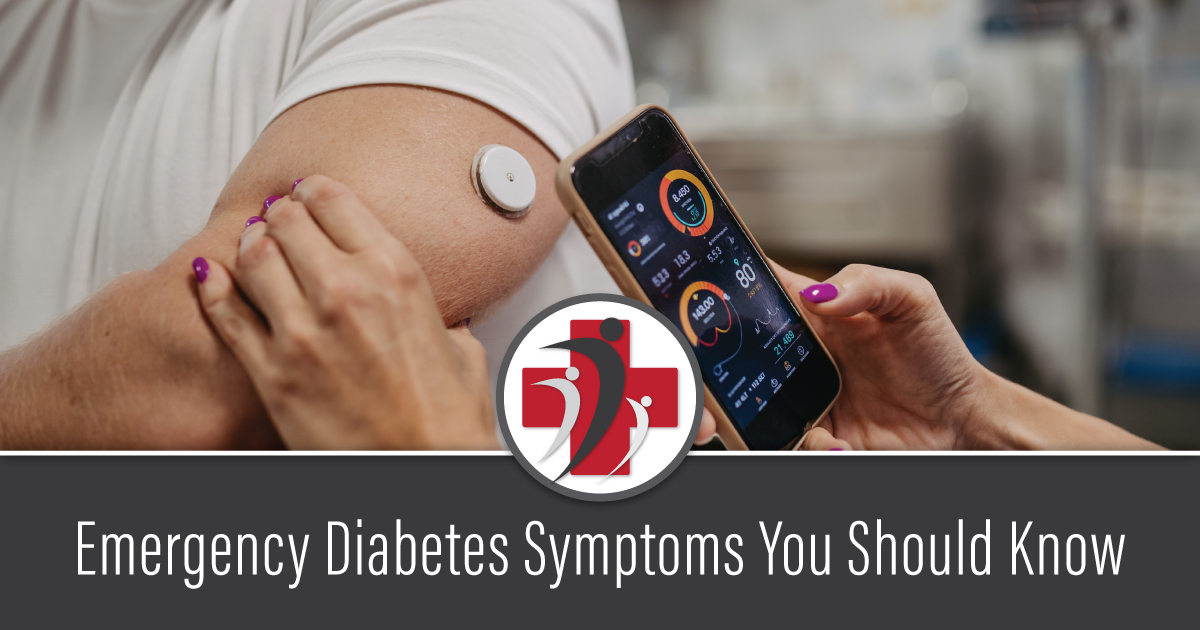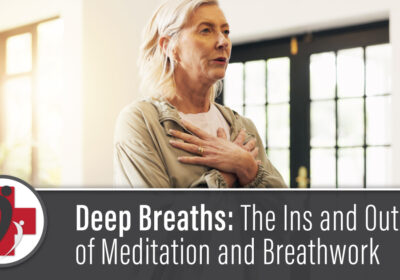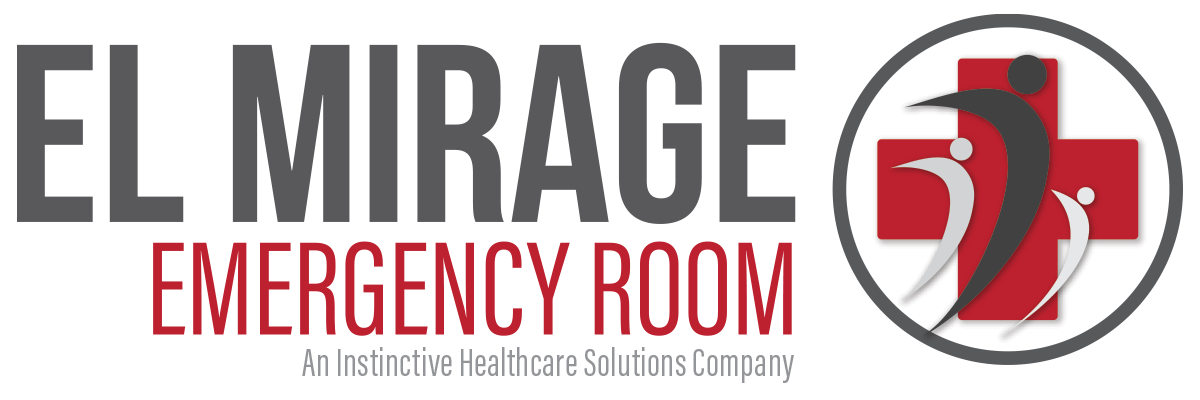Emergency Diabetes Symptoms You Should Know

Do you have a friend, family member, or coworker with a diabetes diagnosis? Since diabetes affects roughly 11.5% of the population, you are likely to know someone with diabetes, even if they haven’t disclosed that diagnosis to you. It’s important to be familiar with the signs and symptoms of a diabetic emergency so you can recognize what is happening and respond appropriately.
Low blood sugar, or hypoglycemia
When someone has too much insulin in their blood stream compared to the glucose level, this can result in low blood sugar. While hypoglycemia can happen in anyone with diabetes, it’s most common in those with type 1 diabetes. This can occur when they exercise more than usual, skip a meal, drink alcohol, or take too much insulin. Many times, someone with diabetes can tell they have low blood sugar by how they feel – shaky, hungry, or short-tempered. However, there are cases when someone may not realize they have low blood sugar until more serious symptoms occur. Here are some signs of severe hypoglycemia:- Blurred vision
- Passing out
- Confusion
- Seizures
- Sweating
- Heart palpitation
High blood sugar, or hyperglycemia
When someone has blood sugar that has elevated to an unhealthy level, this can cause hyperglycemia. In those with diabetes, hyperglycemia can occur when they don’t take enough insulin and/or eat foods that are heavy in carbohydrates. High blood sugar becomes serious if left untreated, and can be detected by these symptoms:- Nausea, vomiting, or stomach pain
- Headache
- Change in mental status
- Fruity-smelling breath
Related Posts

February 16, 2026
Breathwork and Heart Health: More Than Just Calm
In our February 2 blog “Deep Breaths: The Ins and Outs of Meditation and Breathwork,”…
by El Mirage ER
0

February 2, 2026
Deep Breaths: The Ins and Outs of Meditation and Breathwork
Breathing feels fairly straightforward, so much so that the term “as easy as breathing” is…
by El Mirage ER
1

January 15, 2026
Resolution into Habit: How to make it stick.
As the New Year begins to settle in, many people have started to invest time…
by El Mirage ER
1

